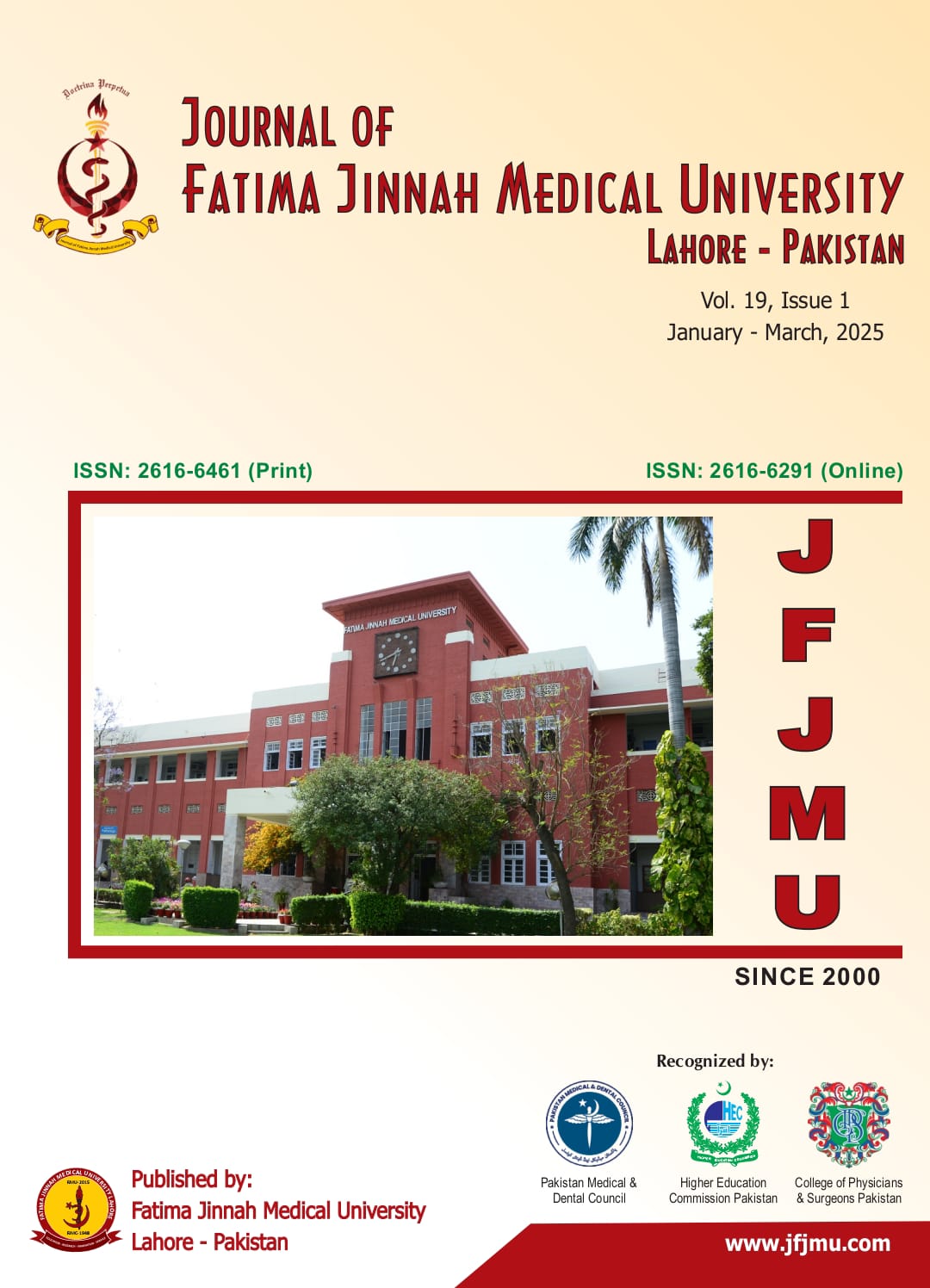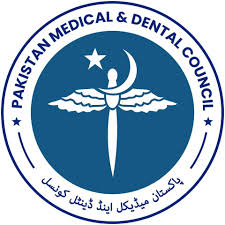Knowledge, Attitude and Practices of Hepatitis B among Family Members of Hepatitis B Cases in District Dera Ghazi Khan of Punjab, Pakistan: A Community-Based Study
DOI:
https://doi.org/10.37018/OQMO5895Keywords:
Hepatitis B, Knowledge, attitudes, Health Practices, Rural Population, PakistanAbstract
Background: Hepatitis B virus (HBV) is a major global health concern, potentially leading to complications like cirrhosis and liver cancer. This study evaluated knowledge, attitudes, and practices regarding HBV among family members of HBV-positive patients in a rural area.
Methods: A descriptive cross-sectional study was conducted from January to August 2021 in Union Council Choti Zareen, District Dera Ghazi Khan, Punjab, Pakistan. The study targeted 200 immediate family members of Hepatitis B-positive cases, excluding those residing outside the study area, non-family caregivers, and critically ill individuals. Data was collected through face-to-face interviews. Categorical variables were presented as percentages, while continuous variables were reported as means and standard deviations. Associations were analyzed using the Chi-square test, with significance set at p ≤ 0.05.
Results: Knowledge of HBV was universal (100%), with 190 (95%) acquiring information from health personnel. Regarding transmission modes, 172 (86%) had knowledge, with unsafe injections (73, 36.5%) being the most recognized route. Preventive measures were known by 172 (86%). Preventive practices were limited with only 38 (19%) requesting sterilized instruments and 6 (3%) observing safe sexual practices. Knowledge of HBV transmission and prevention was significantly associated with age (p = 0.02, p = 0.015), gender (p = 0.0395), education (p = 0.00), and LHW visits (p = 0.00, p = 0.03).
Conclusion: Strengthening health education and enhancing LHW outreach in rural areas is essential to improve HBV knowledge and preventive practices, reducing morbidity and mortality

Downloads
Published
How to Cite
Issue
Section
License
The Journal of Fatima Jinnah Medical University follows the Attribution Creative Commons-Non commercial (CC BY-NC) license which allows the users to copy and redistribute the material in any medium or format, remix, transform and build upon the material. The users must give credit to the source and indicate, provide a link to the license, and indicate if changes were made. However, the CC By-NC license restricts the use of material for commercial purposes. For further details about the license please check the Creative Commons website. The editorial board of JFJMU strives hard for the authenticity and accuracy of the material published in the journal. However, findings and statements are views of the authors and do not necessarily represent views of the Editorial Board.

















